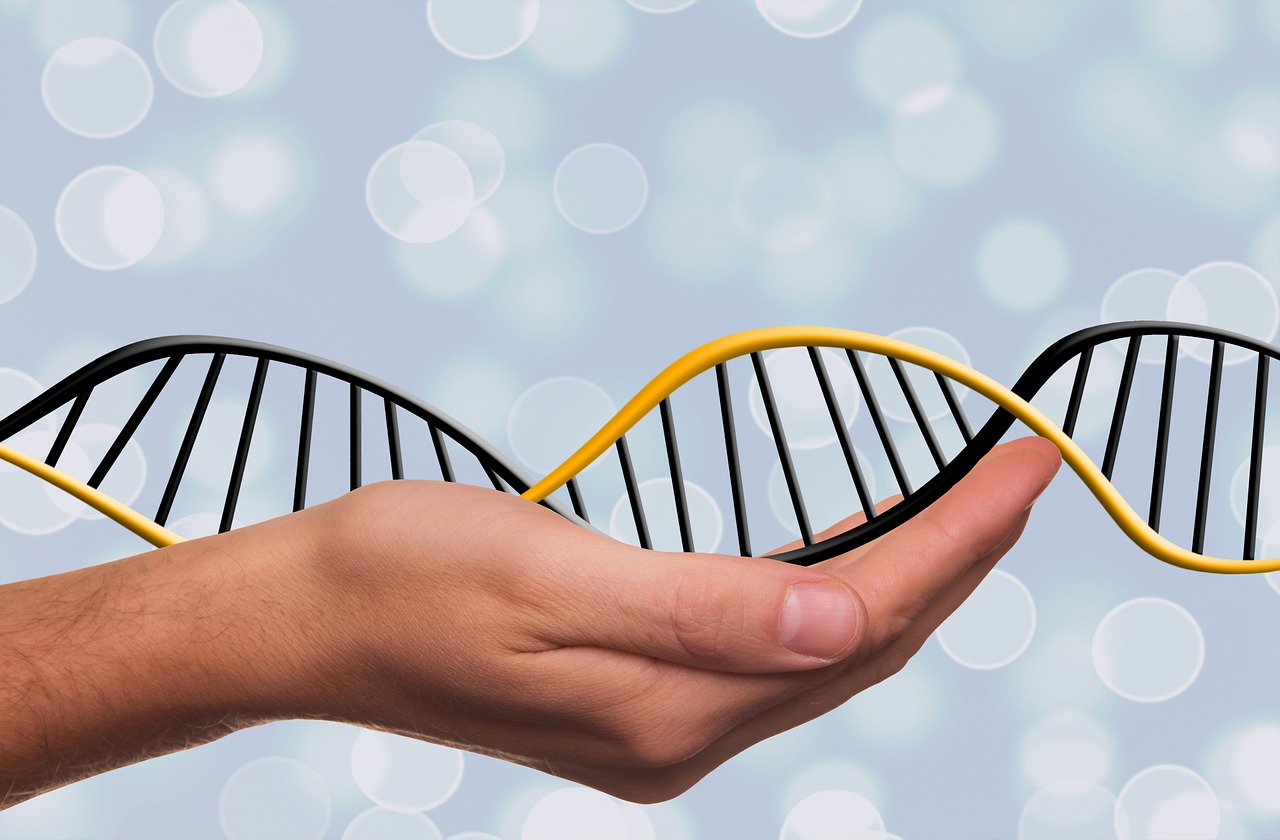Sayyed Mohamed Muhsin
Dr Sayyed Mohamed Muhsin is Assistant Professor at the International Islamic University Malaysia.
Alexis Heng Boon Chin
Dr Alexis Heng Boon Chin is Associate Professor at Peking University, China.
In recent years, the emergence of CRISPR technology has ignited a fervent debate regarding its potential implications for human society, particularly in the realm of eugenics.
CRISPR, with its precise gene-editing capabilities, presents both promising medical advancements and profound ethical dilemmas. The question looms: will CRISPR be used to perpetuate a new era of eugenics, whether under the guise of improving genetic health or exacerbating societal inequalities? Will it “improve or impair” society?
At the heart of this debate lies the fundamental concern over whether CRISPR will serve as a tool for promoting a pro-eugenics agenda. The history of eugenics casts a long shadow especially in Western civilization, from the dark chapters of forced sterilizations to the genocidal horrors of gas chambers. The spectre of past abuses raises legitimate fears about the potential misuse of CRISPR technology to discriminate against and marginalize certain groups deemed “genetically inferior”.
Moreover, as the prospect of editing the human genome becomes increasingly feasible, questions regarding the preservation of human rights and dignity will undoubtedly come to the forefront. Will CRISPR pave the way for a future where individuals are judged and valued based on their genetic makeup, leading to a hierarchy of genetic privilege? The notion of “socially inferior” people facing discrimination and exclusion due to their genetic predispositions is deeply troubling and calls for robust ethical frameworks to safeguard against such injustices.
Eugenic practices involving discrimination or coercion based on genetic traits go against fundamental humanitarian principles. Instead, efforts should focus on addressing social inequalities, ensuring fair access to healthcare and education, and promoting a culture of compassion and solidarity. The goal should be to utilize this technology to seek cures for diseases and disabilities while upholding the sanctity of life and the dignity of all individuals.
Furthermore, the very concept of using CRISPR to manipulate the genetic makeup of future generations challenges our understanding of natural order and human autonomy. Galton’s vision of eugenics as a means of guiding the evolution of society through controlled breeding resonates with the potential implications of genome editing technologies. The diversity of human existence, encompassing various perspectives, cultures, identities, and abilities, forms the cornerstone of equilibrium in the global order. Without it, the world cannot function effectively.
Worryingly, some perceived non-disease-related socially desirable traits may, in fact, be detrimental to human survival.
Take, for example, fair-skin complexion, which makes one more prone to skin damage by UV radiation from the sun, increasing the risks of sunburns and skin cancer. Many non-Western women and some men worldwide use skin-whitening cream because they consider fair complexion to be beautiful. If prospective parents are given a free choice to genetically engineer fair-skin complexion in their offspring, this might put them at a survival disadvantage in the future. With the increasing depletion of the ozone layer, more UV radiation will enter the earth’s atmosphere, and people with fair skin who lack melanin pigmentation will be at increasing risk.
Even disease-related genes may play a key role in our survival. There is increasing evidence that genes which predispose humans to obesity, type II diabetes, and cardiovascular diseases, in fact, conferred survival advantages to our not-too-distant ancestors before the industrial revolution, when good nutrition was scarce.
This is in sharp contrast to the highly processed foods that we now commonly encounter at the supermarket, rich in both fat and sugar, which together with our increasingly sedentary lifestyle, interact with these survival-related genes to cause such deadly diseases.
What if future climate change results in global famine and food shortages? Would such “bad genes” that confer survival advantages in a nutrition-poor environment now be considered as “good genes”?
Such “bad” genes may, therefore, serve as an insurance policy for the future survival of humanity in a chaotic, unpredictable, and ever-changing world; it would be folly to want to eliminate these from the human population via some misguided eugenics program.
In the wake of the highly publicized incident involving the unregulated genome editing of human embryos by Chinese scientist He Jiankui, leading researchers in the field swiftly issued a global international moratorium on heritable genome editing in 2019. As we near the conclusion of this moratorium, apprehensions regarding CRISPR technology continue to mount.
In conclusion, the advent of CRISPR technology presents a double-edged sword, promising unparalleled advancements in medicine while raising profound ethical questions about the trajectory of human evolution. As we navigate the complex terrain of genome editing, it is imperative to remain vigilant in safeguarding human rights and promoting ethical practices that uphold the dignity and equality of all individuals, regardless of their genetic makeup.
Where do you stand on editing the human genome? Tell us in the comments below.

